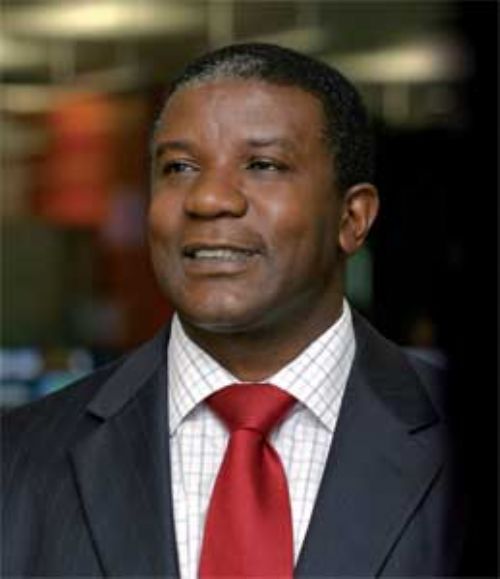
The prospects for UK agriculture look positive in the medium and longer term, with sterling remaining relatively weak against the euro at least to the end of 2012 and global demand for food providing impetus to sustain farm business opportunities into the foreseeable future.
This was a key conclusion from a presentation by Trevor Williams, Chief Economist, Lloyds Bank Corporate Markets, who delivered his outlook on the UK economy at a meeting for agricultural industry professionals organised by Lloyds TSB Agriculture at Towcester Racecourse recently.
Whilst the impact of high oil prices ’ and the knock-on effect this has on many other farm inputs ’ would continue to be challenging in the short term, he said that well run farm businesses with a sound investment strategy had good reasons to be optimistic.
’The UK recovery is slow and is likely to remain sluggish over the next few years,’ he said, ’but one of the effects of the Government’s tight fiscal policy is that the pound is likely to remain relatively weak. We expect the pound to stay around the 83 ’ 90 euro cents mark through to the end of 2012, which will continue to benefit UK agricultural trade. We predict a similar situation with the sterling / dollar exchange rate, with the pound worth around 55 ’ 65 cents over the next few years.
’The on-going problems in Japan and Libya inevitably cause concern and will dent confidence, but will not ultimately hamper growth in the emerging economies of the world. It is in countries such as China and India where diets are changing due to greater affluence and this is driving the increasing global demand for food.’
On interest rates, Trevor Williams suggested that the Bank of England may increase the Bank Rate in May but believed that a lack of consumer confidence and the relatively fragile state of the UK’s economic recovery could mean that the 0.5% rate remained in place until later in the year.
